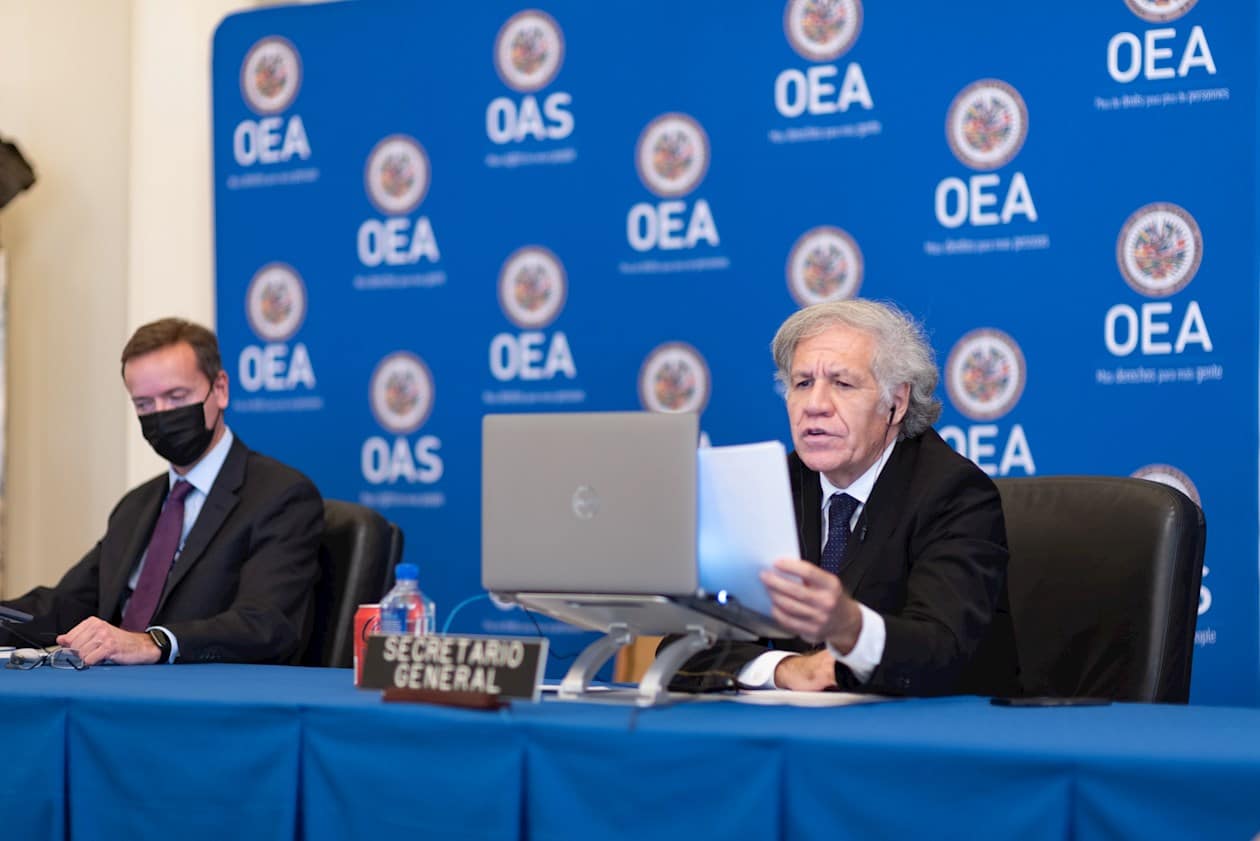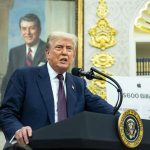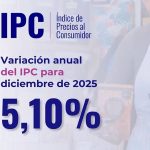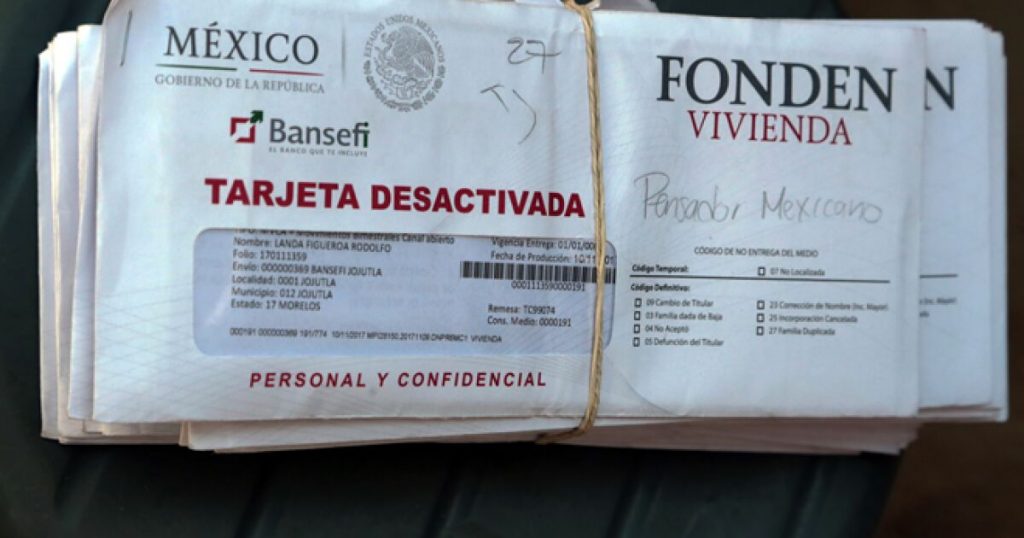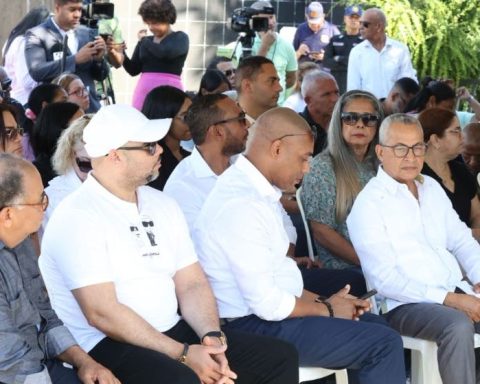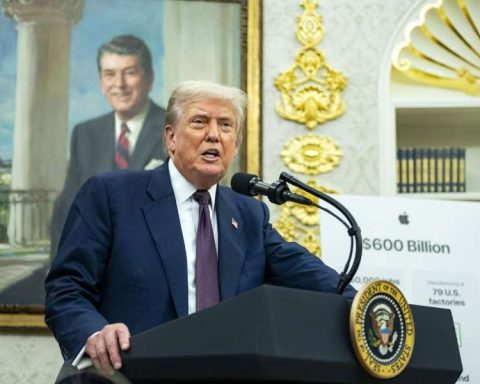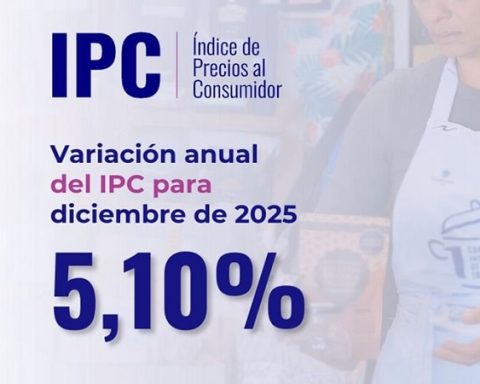The Secretary General of the Organization of American States (OAS), Luis Almagro, on Wednesday left the possible application of the Democratic Charter to Nicaragua in the hands of the countries that make up that body, after the disputed elections on Sunday.
“The issue of the political crisis in Nicaragua is on the organization’s agenda,” Almagro said during a conference prior to the installation of the 51st General Assembly of the inter-American organization, which is based in Guatemala and is being held for the second consecutive year. virtual due to the pandemic.
However, he admitted that “it will be the countries that will decide the level of application of the Democratic Charter.” For Almagro, it is about the “work that lies ahead”, but he clarified that he does not want to “influence it”.
Last Sunday, the president of Nicaragua, Daniel Ortega, was re-elected in elections described as “farce” by the majority of the international community after the arrest of seven aspiring presidential candidates and the cancellation of three opposition parties.
This Wednesday, forty former Latin American Foreign Ministers signed a letter expressing their “deep concern over what happened in the illegitimate electoral process” In Nicaragua.
In the letter, they urge that if “the Government of Nicaragua does not accept to hold new free, transparent, fair elections and the release of all political prisoners, We call on the General Assembly of the OAS to convene a special period of sessions to approve the suspension of the State of Nicaragua of its right to participate in the OAS, in accordance with article 21 of the Democratic Charter ”.
Articles 20 and 21
The Uruguayan diplomat acknowledged that the alternative of applying “two articles of the Inter-American Democratic Charter” has been used, alluding to articles 20 and 21 of that document.
Article 20 provides for the convocation by any member country or by the secretary general himself of a Permanent Council “in the event that a member state causes an alteration of the constitutional order that seriously affects its democratic order.”
Said Council would seek to initiate the “necessary diplomatic efforts, including good offices,” in search of the normalization of democratic institutions, as stipulated in the Charter.
While article 21 contemplates the possible suspension of a member state where “it is found that there has been a breakdown of the democratic order.”
“It will be in the countries to advance and discuss their applicability,” insisted Almagro, who pointed out that this body has already approved several resolutions on the Central American country; the last of them did not obtain a vote against and the Nicaraguan delegation was absent.
Almagro refrained from commenting on whether it was possible for the international instrument to be applied in this Assembly, but assured that “the suggestions were formulated – based on – the technical report of the Secretariat for Strengthening Democracy, in an attempt to analyze and put into clear the technical conditions for the election of Nicaragua ”, he explained.
This report, presented on Tuesday, proposes to the international community that it “must demand the annulment” of the elections “and call for the holding of a new electoral process.”
Official repeats speech of “colonialism”
The new permanent representative of Nicaragua to the OAS, Arturo McFields Yescas, assured this Wednesday in a dialogue prior to the 51st General Assembly that his country lived an electoral day “in freedom and without blackmail.”
McFields defended last Sunday’s election. The official asked for the floor in the middle of a dialogue between members and observers of the OAS, because several representations, such as Spain, the Netherlands, the United Kingdom, Switzerland and Italy, criticized the elections on Sunday, calling them “undemocratic” , in addition to calling for the release of politicians imprisoned in Nicaragua.
Johannes Matyassy, Undersecretary of State of the Swiss Department of Foreign Affairs, assured that this country “follows with great concern the fact that the general elections held on November 7 in Nicaragua have not reached international standards to be considered democratic elections.”
Silveria Elfrieda Jacobs, Prime Minister of Saint Martin, the Netherlands, asserted that “the oppression on civil society and independent media, the repression against the political opposition before the elections that led to an undemocratic election last Sunday, causes great concern ”.
The representative of Italy, Marina Sereni, Deputy Minister of Foreign Affairs and International Cooperation, “fully” supported a recent statement by the European Union in which he considered the votes “illegitimate” and called for a peaceful solution to the crisis.
Juan Fernández Trigo, Secretary of State for Ibero-America of Spain expressed that his country “does not recognize the results of elections that lack guarantees and legitimacy from the moment they are stopped, made illegal and the participation of the opposition is prevented.”
McFields defended that Nicaragua voted with “65% participation and 75% gave their support to the Great Alliance Nicaragua Triunfa”, to grant a new period in power to Ortega, who has governed the country since 2007.
He indicated that he had to ask for “the point of order” in the session on Wednesday to intervene ahead of time “because the electoral process and the results of the elections have been questioned.” Following the script of the presidential couple, he assured that the OAS General Assembly must “look to the future and not to the past of colonialism” and reiterated that in Nicaragua “Nicaraguans vote freely, without sanctions or blackmail.” .
